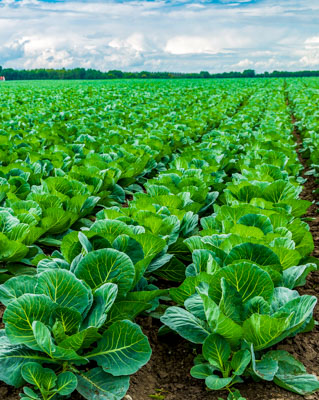Crop farming is a complex and challenging business that requires careful planning, monitoring, and decision-making. Farmers must deal with a range of factors such as weather, pests, diseases, markets, regulations, and labor. How can they manage all these aspects efficiently and effectively?
One solution is to use crop management software (CMS), a type of software that helps farmers organize, analyze, and optimize their crop data. CMS can provide numerous benefits for farmers, such as:
- Saving time and money by automating tasks and reducing errors
- Improving productivity and profitability by optimizing inputs and outputs
- Enhancing quality and sustainability by tracking and improving environmental and social impacts
- Increasing transparency and traceability by recording and sharing crop data and information
- Facilitating communication and collaboration by connecting farmers with other stakeholders




Benefits of good Crop Management Software
Crop management software provides many benefits to you in managing your crops more efficiently. Here are some of the ways crop management software will help:
- Crop Planning and Record Keeping: CMS can help you plan your planting and harvesting schedules, track yields, and record important data like soil test results, fertilizer applications, and pest management practices. This information can further help you in making data-driven decisions about crop management and track progress over time.
- Resource Management: CMS can help you optimize the use of resources like irrigation water, fertilizer, and labor. By analyzing data on crop growth, soil quality, and weather conditions, you can make informed decisions about how to allocate resources to achieve the optimal crop yield.
- Financial Management: CMS can help you track completed farm tasks, manage budgets, and analyze profitability. By tracking expenses like equipment and labor costs, you can identify areas where you can reduce costs and increase profits.
- Communication and Collaboration: CMS can facilitate communication and collaboration between you and your teams, suppliers, and advisors. This can help ensure that everyone works together towards the same goals and improve coordination and efficiency. Well, designed crop management software allows farmers to share reports, field maps etc.
- Compliance and Certification: CMS can help you comply with regulations and achieve certification for things like organic farming practices. By providing documentation and data on crop management practices, you can demonstrate compliance and track progress toward certification goals.
Overall, crop management software like AgNote can help farmers make more informed decisions about crop management, optimize the use of resources, and improve productivity and profitability.